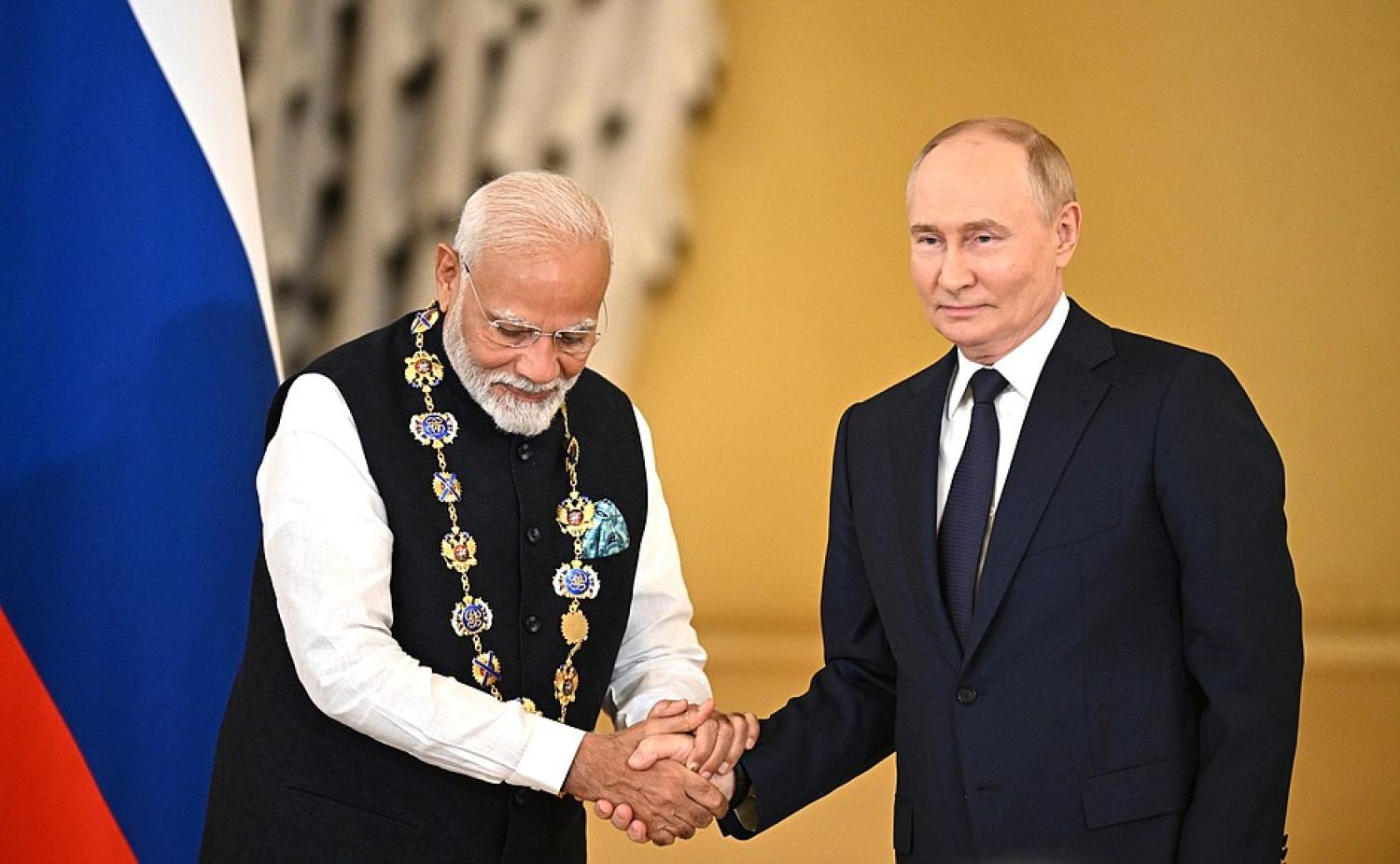Prime Minister Narendra Modi’s meeting with Russian President Vladimir Putin on the sidelines of the SCO Summit has captured international attention not merely for its optics, but for what it signals: India’s insistence on pursuing its own course in an increasingly divided world.
Energy Security Vs Geopolitical Pressures
Energy lies at the heart of the discussion. India continues to import discounted Russian oil, despite punitive tariffs from the United States. From Washington’s perspective, this undercuts Western sanctions and sustains Moscow’s war chest. From New Delhi’s vantage point, however, it is about affordable energy for a developing economy that cannot afford disruptions.
This divergence highlights the growing fault line between Western policy imperatives and the needs of large emerging economies. India’s message to the global community is unambiguous: energy access is a right, not a privilege, and should not be dictated by geopolitical rivalries.
Ukraine war: India’s Subtle Diplomacy
While Modi reaffirmed India’s support for peace in Ukraine, he stopped short of endorsing either the Western or Russian narrative. Instead, he positioned India as a potential mediator. The call for “cooperation to end the war” reflects a nuanced approach—acknowledging Western concerns without alienating Moscow.
Globally, this plays into India’s larger diplomatic ambition of being seen as a bridge-builder rather than a partisan actor. The contrast is stark: while NATO remains entrenched in military calculations, and Russia blames the West for expansionist policies, India is staking claim to the middle ground.
The West Watches Closely
For Washington and Brussels, Modi’s meeting with Putin is a reminder of India’s independent streak. The U.S. tariffs on Indian exports—framed as punishment for buying Russian crude—illustrate how friction between allies can emerge when national interests diverge. Europe, too, finds itself in a paradox: it reduces Russian energy dependence yet relies on India’s refined Russian oil products.
In this triangle of contradictions, India has leveraged its position with remarkable pragmatism—accepting short-term pain in trade, but refusing to alter its energy calculus.
For Putin, the optics of closeness with Modi serve a dual purpose: to showcase that Moscow is not isolated, and to counterbalance its growing dependence on China. India, by engaging with Russia even amid Western disapproval, provides Moscow with an alternative partner, however modest compared to Beijing.
Yet, the China factor looms large. As Moscow and Beijing deepen their alignment, India’s partnership with Russia is both a necessity and a balancing act. It offers New Delhi leverage in managing its own uneasy relationship with China, while ensuring that Russia does not slip entirely into Beijing’s orbit.
The Larger Global Stakes
The Modi-Putin meeting encapsulates the emerging multipolar reality. India is refusing to be boxed into Western-led frameworks or Russian-Chinese blocs. Instead, it is projecting itself as a sovereign player with enough weight to resist binary choices.
The global lesson is clear: the post-Cold War model of alignments is fading. Countries like India, Brazil, and South Africa will increasingly drive a narrative that prioritises economic security, multipolarity, and strategic autonomy over ideological blocs.
Conclusion: A Calculated Balancing Act
For global observers, Modi’s engagement with Putin illustrates India’s pragmatic statecraft. New Delhi continues to import Russian oil to safeguard energy security, advocates dialogue on Ukraine to maintain credibility as a responsible power, and simultaneously nurtures its strategic ties with the West. This multi-pronged approach may appear contradictory in an era of sharp geopolitical divides, but it reflects the essence of navigating a multipolar world.
Rather than aligning exclusively with either Russia or the West, India is asserting its autonomy—prioritising national interest above external pressure. The message is clear: India’s foreign policy is no longer about choosing sides, but about choosing itself.
